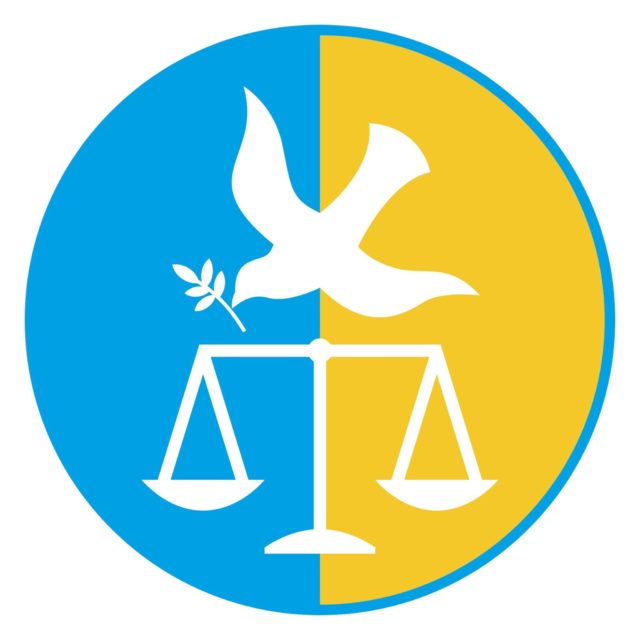Protection of young people from all forms of abuse and exploitation is among the important obligations of the State. The filing of House Bill No. 4160, which seeks to raise the minimum age of sexual consent is a welcome development in child protection.
Increasing the age of consent is in fact long overdue and its urgency cannot be further stressed. According to the United Nations Children’s Fund or UNICEF, the Philippines has the lowest age of sexual consent—the global average is 16.
Adolescents and young teenagers lack the emotional, physical, and psychological maturity to make informed decision about sex. The crucial, formative years of adolescence can be confusing and daunting. Yet, the existing law expects children age 12 to be discerning when it comes to sex. This makes them easy prey for sex offenders.
With the current age of consent, sexual intercourse with a child as young as 12 is not automatically considered rape. Victims have to recount the incident, which amplifies their trauma. The stress and trauma resulting from rape are beyond the emotional capability of children. The scar they bear can be lifelong without proper intervention.
The current age is also not consistent with the legal age to access reproductive health. Exacerbated by the lack of sex education, this makes children prone to unplanned pregnancy and sexually transmitted diseases. Meanwhile, they have easy access to dating apps as well pornographic materials on the internet, rendering them even more vulnerable.
Statistics already provide alarming indicators—UNAIDS reported that the number of HIV infections in the Philippines has more than doubled in the past 6 years and has become the country with the fastest growing HIV epidemic in Asia and the Pacific. The University of the Philippines’ Young Adult Fertility Survey also found that the number of Filipinos, both males and females, who have sex before the age of 18 increased to 23% in 2013 from the previous 13% in 1994.
It is notable that HB No. 4160 seeks equal protection for boys who fall victim to rape or sexual abuse. The current law provides lesser penalty for sexual abuse against boys because it considers it merely as sexual assault. This will help address the high vulnerability of boys to sexual violence. A study of the Council for the Welfare of Children and UNICEF revealed that 4.1% boys experienced sexual violence compared to 2.3% among girls.
Children are at risk everyday because of archaic laws. Heightened urgency is expected to ensure their protection. Laws that genuinely protect them from the ever-changing, volatile, and open world need to passed immediately and eventually enforced resolutely.





